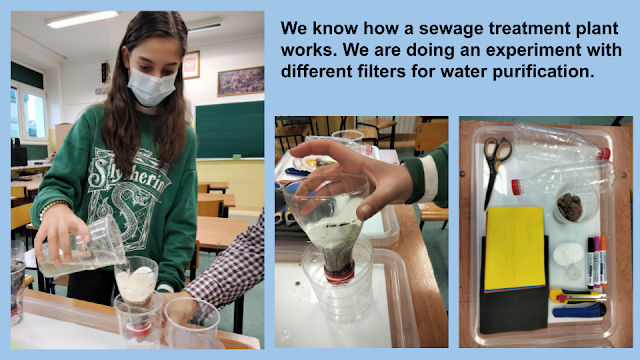Plastics recycling, a major environmental issue
Today, only 9% of plastics are recycled.
Dominated by China for the most part, followed by Europe and NAFTA (North American Free Trade Agreement), their global production is increasing steadily and expected to triple by 2050. At the same time, the consequences on the environment, human health and biodiversity are significant. It is therefore necessary to act and propose solutions. Veolia recycles 600,000 tonnes of plastic waste worldwide per year, with a strong presence in Asia and Europe. Its expertise in the field allows it to process several types of resins (such as expanded polyethylene (EPE) used in furniture protection, or expanded polypropylene (EPP), used in the automotive sector) that can be reused by its industrial customers.
more at:
Another platform:
PLASTICS
What’s recyclable, what becomes trash — and why
https://apps.npr.org/plastics-recycling/
and new other things:
Look for more information
in the scientific ChemoViews Magazine:

‘Our life is plasticized’:
New research shows microplastics in our food, water, air
BY ELIZABETH CLAIRE ALBERTS ON 15 JULY 2020
Microplastics, plastic pieces smaller than 5 millimeters, have become increasingly prevalent in the natural world, and a suite of studies published in the last three years, including several from 2020, shows that they’ve contaminated not only the ocean and pristine wildernesses, but the air, our food, and even our bodies.
Past research has indicated that 5.25 trillion plastic pieces are floating in the ocean, but a new study says that there are 2.5 to 10 times more microplastics in the ocean than previously thought, while another recent study found that microplastic “hotspots” could hold 1.9 million pieces per square meter.
Other emerging research suggests that 136,000 tons of microplastics in the ocean are being ejected into the atmosphere each year, and blowing back onto land with the sea breeze, posing a risk to human health.
Microplastics are also present in drinking water, and edible fruits and vegetables, according to new research, which means that humans are ingesting microplastics every day.





Comments
Post a Comment